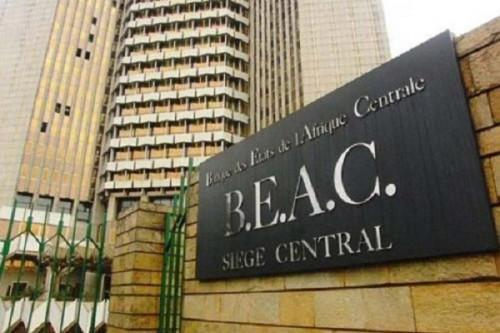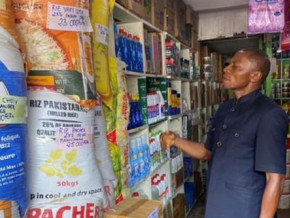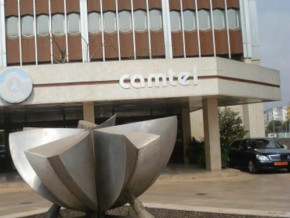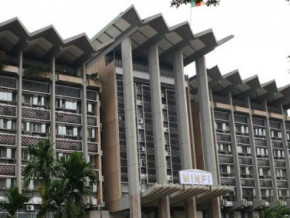
Cameroon: Total amount of domestic public debt securities rose four-fold to XAF1,013 bln between 2015-2020 (CAA)

(Business in Cameroon) - In its recent report on Cameroon’s public debt, the national sinking fund CAA explains that one of the reasons the public debt rose by 5.6% as of December 31, 2020 (to XAF10,334 billion) is the significant rise in the volume of public securities issued by the country.
According to figures compiled by the CAA, over the 5-year period between 2015 and 2020, the country almost increased the volume of its public securities by about four.
This rise is particularly noticeable in the securities issued on the BEAC public securities market, where Cameroon is the main animator since its launch in 2011. Indeed, at first, on this market, the country focused on the issuance of short-term securities (maturing in a maximum of 52-weeks). However, in 2019, it moved its long-term securities (maturing between one and ten years) issuances from the financial market BVMAC (whose costs were deemed prohibitive) to the BEAC public securities market.
Specifically, as of end-2020, the outstanding amount of public securities issued by Cameroon was XAF1,013 billion. In 2015, it was XAF265 billion, XAF370 billion in 2016, XAF307 billion in 2017, XAF440 billion in 2018, and XAF706 billion in 2019.
The CAA does not provide any reason to explain such rise but in February 2021, the Minister of Finance had provided hints as to how the funds were used.
Investments
Indeed, in February 2021, during a meeting with financiers in Douala, Louis Paul Motaze explained that in 2020, the proceeds from the treasury bills issued were used to mitigate periodic declines in revenues.
"Also, thanks to the funds raised through the issuance of long-term securities, the country followed through the implementation of numerous investment projects, namely XAF80 billion for road infrastructure, XAF70 billion for sports infrastructures and similar buildings, and XAF45 billion for the implementation of the Coronavirus response program," the official added. Let’s note that part of the funds raised was also used to amortize matured securities issued on the BEAC market.
On close observation, it appears that the rise in the volume of the country’s public securities issuance is due to three factors. First, there are security expenses. Indeed, since 2013, Cameroon has been fighting the Boko Haram insurgency, therefore incurring additional security expenses. In addition, at end-2016, the country was obliged to deploy the army in the Northwest and Southwest to face pro-independent fighters. To date, those security threats still require significant monthly financial resources.
Also, in 2015, the country initiated major infrastructure projects in preparation for the African Cup of Nations (AFCON), which will begin in January 2022. Another factor that required additional funding from the government is the coronavirus pandemic that started in March 2020. In the framework of its response program, the country had to discuss significant financial resources but, with its cash flow problems, it was obliged to resort to borrowings, both short and long-term.
Brice R. Mbodiam
Mags frontpage
- Most read 7 days
- shared 1 month
- read 1 month






























